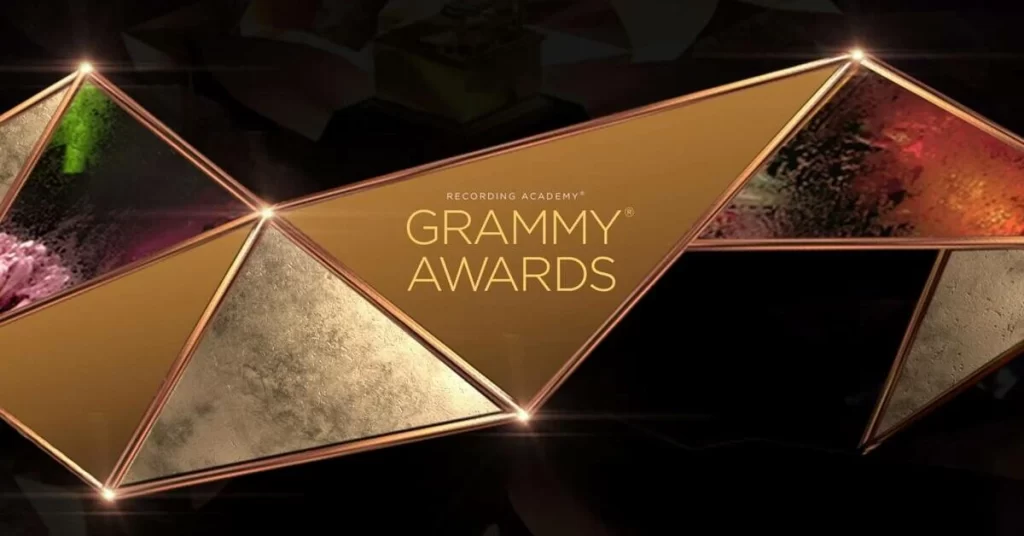The Recording Academy, responsible for organizing the prestigious Grammy Awards, has recently implemented several significant changes to the music industry’s most coveted accolades. One of the most notable modifications is the introduction of a new rule that explicitly excludes artificial intelligence (AI) from being eligible to win Grammy Awards. Under the newly released “Artificial Intelligence (AI) Protocols,” only “human creators” are deemed eligible to receive the highest honor in music.
According to the Academy’s guidelines, any work that lacks human authorship will no longer be considered for any Grammy category. This decision reflects the growing influence of AI technology in the field of popular music. However, the revised rules allow for works that incorporate elements of AI to still be considered, as long as a human creator has made a “meaningful” contribution to the music and/or lyrics.
The Recording Academy emphasizes the significance of human authorship and involvement in the creation process. This move aims to maintain the core essence of music as an art form rooted in human expression and creativity. By excluding AI-generated works from Grammy eligibility, the Academy seeks to uphold the value and importance of human contributions to the music industry.
This announcement comes in the wake of an intriguing revelation by music legend Paul McCartney. He recently shared that a forthcoming “last Beatles record” was composed using AI technology, which involved extracting the voice of the late John Lennon from an old demo. McCartney described the utilization of AI in music creation as both fascinating and somewhat unsettling, acknowledging the potential it holds for transforming the creative landscape. However, he also expressed the need for caution and a careful examination of the implications and future trajectory of AI-generated music.
In addition to the AI-related rule, the Recording Academy has introduced various changes to other Grammy Award categories. Notably, for the album of the year category, a music creator now needs to account for at least 20% of the work to be eligible for a nomination. This criterion includes all credited artists, featured artists, songwriters, producers, engineers, mixers, and mastering engineers involved in the project. This alteration differs from the previous rule, which allowed anyone who contributed to an album to receive a nomination.
Furthermore, the number of nominees in the “Big Four” categories, including best new artist, album of the year, song of the year, and record of the year, has been reduced from 10 to eight. This change aims to create a more competitive landscape and ensure that only the most exceptional and deserving artists receive nominations in these highly coveted categories.
Another notable adjustment concerns the “best music film” category. Previously, 50% of the documentary footage had to be performance-based to qualify for a nomination. However, the Recording Academy has now lifted this requirement, acknowledging the evolving format of music documentaries. This change recognizes that music films often incorporate a blend of verité and archival footage, capturing the essence and behind-the-scenes aspects of an artist’s journey. However, it’s worth noting that biopics and dramatic feature films remain ineligible for this category.
The Academy has also expanded the eligibility criteria for certain categories to adapt to the changing landscape of music and artistic expressions. For instance, music-focused and individual music videos can now be entered as a cohesive visual album, following the trailblazing example set by Beyoncé’s “Lemonade” film. This trend has been embraced by artists across various genres, offering a fresh and innovative approach to storytelling through music visuals. Additionally, the Recording Academy has renamed the “best improvised jazz solo” award to “best jazz performance” to better reflect the broader range of jazz expressions and virtuosity showcased by artists.
Moreover, the category previously known as “best regional Mexican music album” has been renamed “best música Mexicana album” to better encompass the diverse Mexican music landscape, including Tejano music. To qualify for this category, 50% of the lyrics must be sung in Spanish, or the majority of the musical content must reflect a traditional Mexican style such as banda, norteño, corridos, gruperos, mariachi, rancheros, sierreño, jarocho, huasteco, or huapango.
In addition to these alterations, the Recording Academy has recently announced the addition of three new categories to the Grammy Awards. These new categories include “best pop dance recording,” recognizing the growing influence of dance-oriented pop music, “best African music performance,” honoring the rich musical heritage of the African continent, and “best alternative jazz album,” celebrating the innovative and boundary-pushing contributions to the jazz genre.
In summary, the changes implemented by the Recording Academy demonstrate its commitment to adapt to the evolving landscape of the music industry. By introducing new rules and guidelines, the Academy aims to uphold the integrity of the Grammy Awards and ensure that they continue to recognize the significant contributions of human creators in an ever-changing artistic landscape. As AI technology continues to advance, the Academy’s decision to exclude AI-generated works from Grammy eligibility sparks a broader conversation about the role of technology in the creative process and the enduring value of human expression in music.



